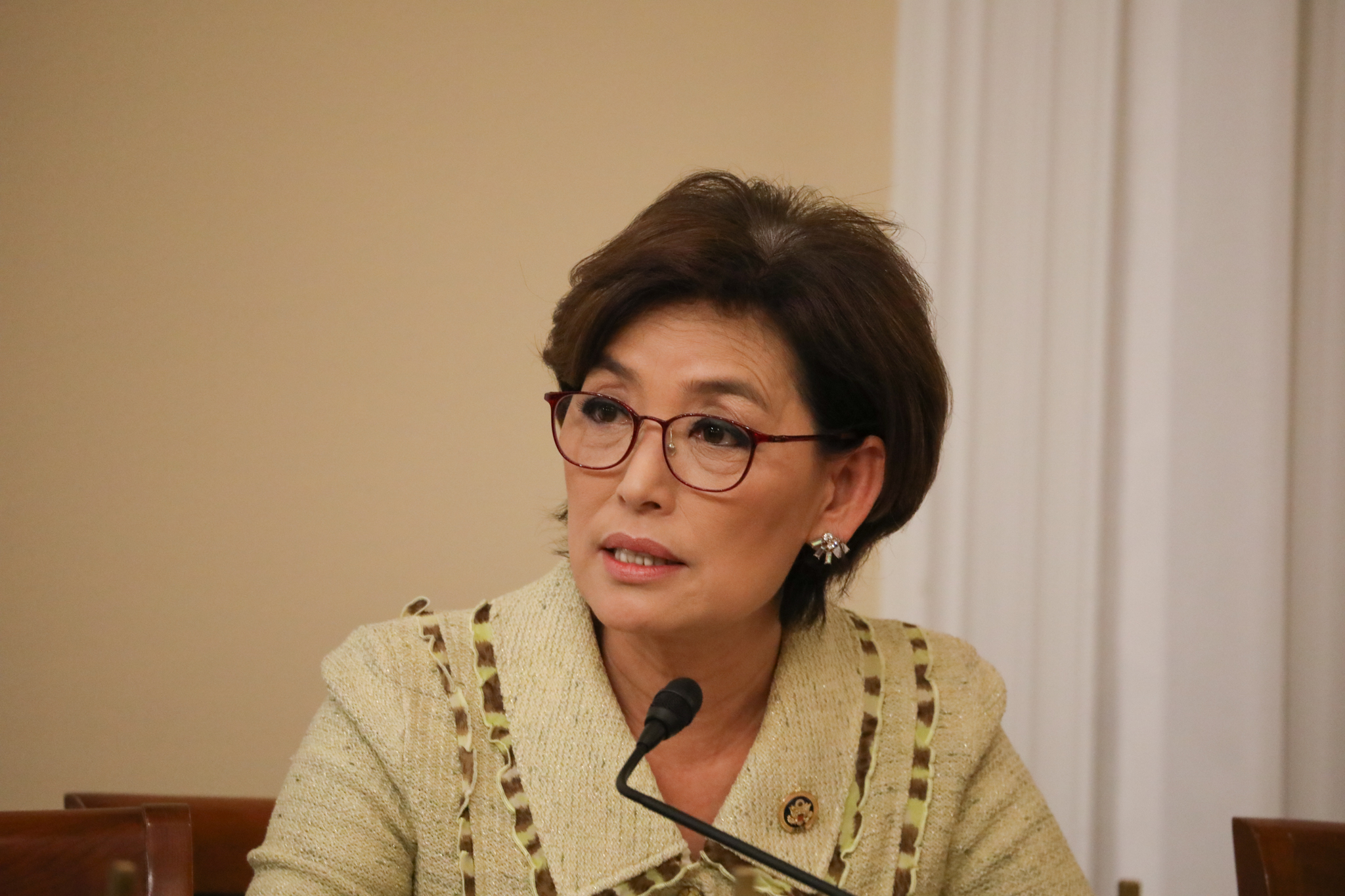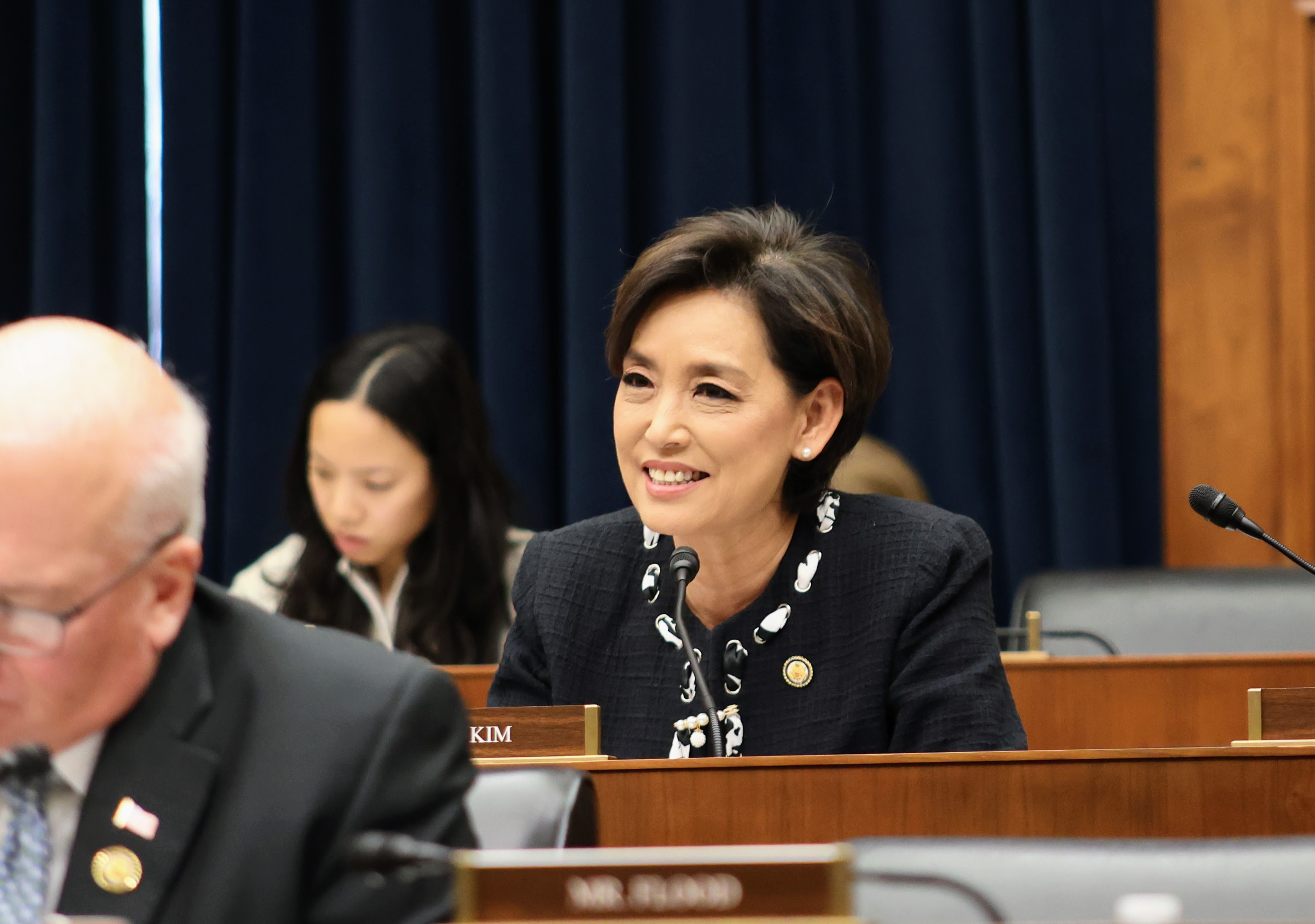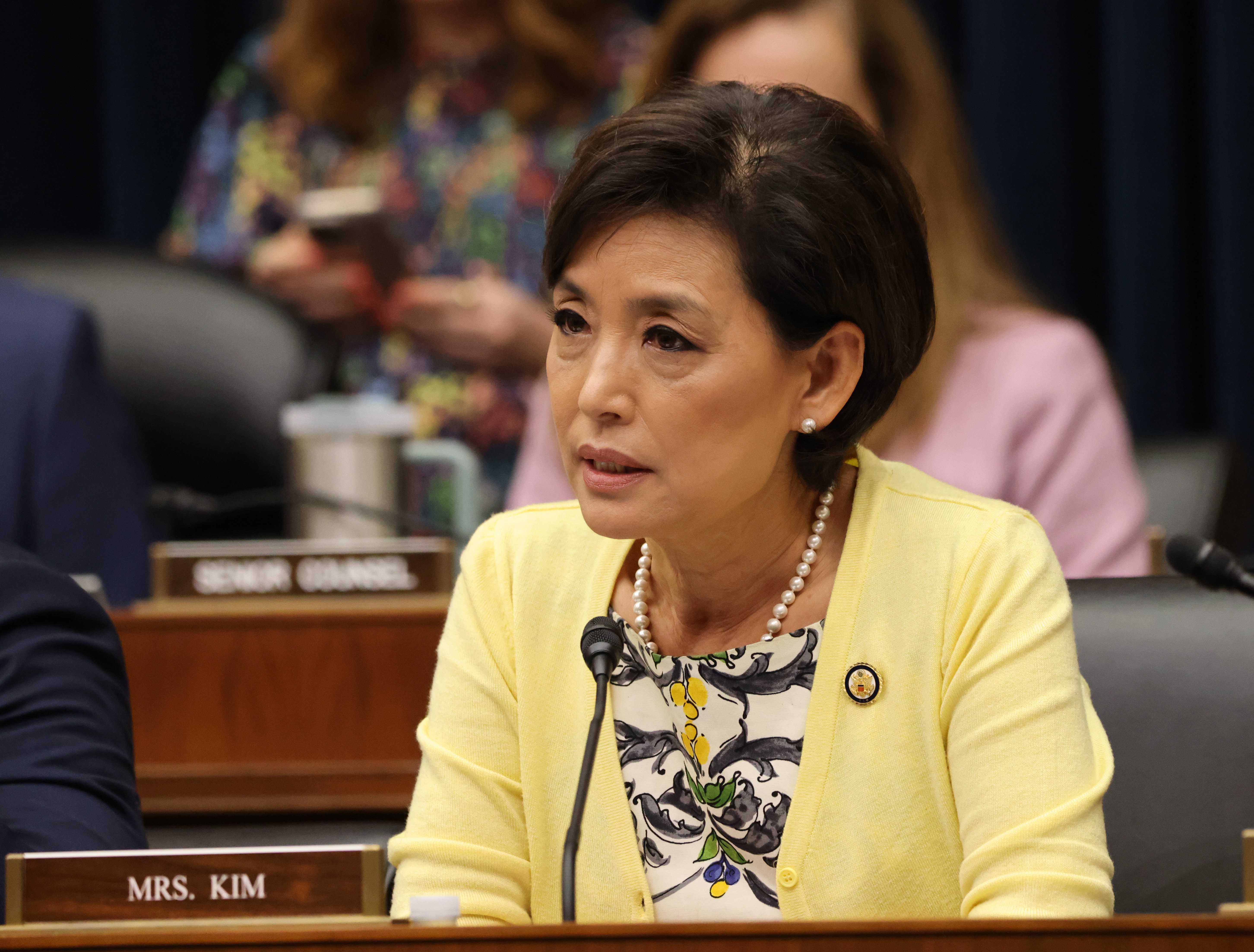Washington, DC – Today, U.S. Representative Young Kim (CA-40), who represents the Cleveland National Forest Trabuco District, testified at a House Natural Resources Committee Subcommittee on Federal Lands legislative hearing in support of H.R. 6994, the Restoring Our Unopened Trails for Enjoyment and Safety (ROUTES) Act.
Rep. Kim introduced the ROUTES Act with Rep. Doug LaMalfa (CA-01) to prioritize, streamline, and expedite restoration of federal trails, roads, campgrounds, and recreation sites damaged by certain natural disasters.
Rep. Kim also introduced San Bernardino County Fire Chief Dan Munsey, who testified at the hearing in support of the bill.
Watch her remarks here and read her testimony below.
Thank you, Chairman Tiffany and Ranking Member Neguse, for holding this hearing. I also want to thank Chairman Westerman and your staff for your leadership on the issues before us today.
I represent California’s 40th District, which covers parts of Orange, San Bernardino, and Riverside Counties in Southern California. My district includes unincorporated areas spanning several canyon communities and the Cleveland National Forest’s Trabuco District.
I am proud to see H.R. 6994, the “Restoring Our Unopened Trails for Enjoyment and Safety Act” or the “ROUTES Act” being considered in today’s hearing.
The ROUTES Act requires federal land management agencies to reopen trails, roads, campgrounds, and recreation sites damaged and closed by natural disasters like wildfires within two years of the disaster. To do so, my bill streamlines the resources needed to restore federal trail and roads and expedites certain activities like hazard tree removal, soil erosion mitigation, and drainage pattern and site restoration.
It also codifies existing emergency hazard tree removal authorities that can be used prior to a full NEPA review. Region 5 of the U.S. Forest Service had previously used these authorities across multiple national forests, allowing recreation sites to reopen years sooner.
In my district, the 2018 Holy Fire burned through more than 23,000 acres of the Cleveland National Forest, severely damaging trails, campsites, and recreation areas. More than 5 years later, several of the most popular trails remain closed.
Prolonged closures of our federal recreation sites and roads can negatively impact the local economy, impede firefighters’ access to wildland fires, and trigger post-fire hazards. Less trail-based recreation means fewer visitors to small businesses in the area, and damaged roads may limit fire truck access to put out a fire or bulldozer access to clear debris and heavy rocks blocking a path.
Routine trail maintenance is also essential for post-fire and non-fire related risk mitigation efforts. Burned areas are subject to soil erosion, flooding, and destructive debris flows that endanger nearby homes and civilian lives.
For example, the 2020 Bond Fire, which burned through parts of Silverado Canyon in my district, weakened the soil and, years later, left the nearby residential area vulnerable to mudslides and debris flows during the unprecedented storms and heavy rains we saw last year.
Restoring and reopening our federal roads and trails in a safe and timely manner are essential to community and forest health. Federal land management agencies have been appropriated significant amounts of funding in these past few years, and we need to ensure they prioritize funds for areas that need it most and use their existing authorities to complete their duties safely and expeditiously.
I thank the Committee for considering H.R. 6994 and Representative LaMalfa for coleading this bill with me to ensure our federal land management partners have all the tools they need to take care of our forests in Southern California and across the nation.
I yield back.




